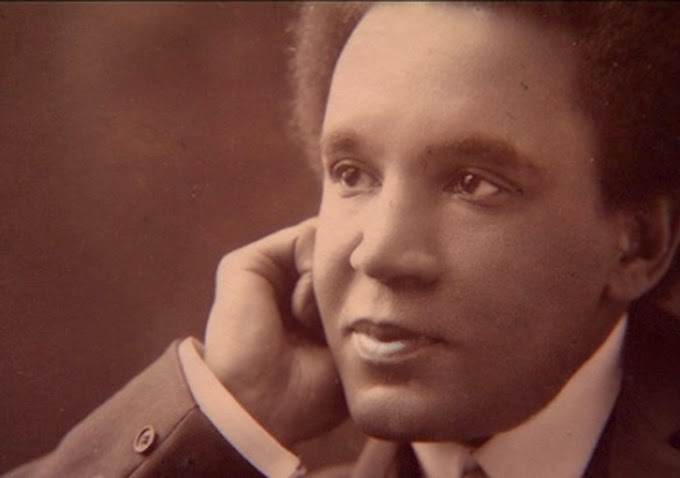Childhood
Samuel Coleridge-Taylor was born in London in 1875. His mother, Alice Hare Martin, was British and his father, Dr. Daniel Taylor, was from Sierra Leone. Dr. Taylor left Alice without knowing that she was pregnant. The young Coleridge-Taylor was raised by Alice and her family in Croydon, on the outskirts of London. In the 1880s, Samuel was given his first violin by his grandfather, who also taught him how to play. Samuel fell in love with music, and was noticed by a wealthy choirmaster who encouraged him to apply for a place at the Royal College of Music in South Kensington.
Royal College Of Music
Samuel Coleridge-Taylor joined the Royal College of Music in 1890. He was one of the first black students at the College. Samuel was awarded a scholarship for the violin but later became interested in composition. He went on to study under the composer and conductor Charles Villiers Stanford. Several of Samuel's works were performed at the College, and he soon gained attention from prominent musical figures like George Grove.
Black Political Issues
Samuel wrote a poem celebrating a half-century of Liberian independence from European colonialists. A Liberian Patriotic Hymn was published in the African Times in March 1897. It included the opening lines: "Beloved Liberians! Now from Bondage free/May ‘God our Strength’ your Motto and your hope for ever be!" Samuel Coleridge-Taylor was later made a Knight Official of the Liberian Humane Order of African Redemption. This is the highest decoration the Liberian government can bestow.
Paul Lawrence Dunbar
Samuel Coleridge-Taylor first met famed poet Paul Lawrence Dunbar when Dunbar was in London. Samuel asked for permission to set some of Dunbar's poems to music. Dunbar agreed, and Coleridge-Taylor’s African Romances were published later the same year. In June of 1897, Coleridge-Taylor and Dunbar gave a joint recital in London.
Song of Hiawatha
Samuel Coleridge-Taylor would become best known for his trilogy of cantatas, collectively known as The Song of Hiawatha. These were based on Henry Wadsworth Longfellow’s famous poem published in 1855. The story relates the adventures of a Native American hero called Hiawatha and his love Minnehaha. Coleridge-Taylor much admired Longfellow’s Hiawatha and felt a close connection with its hero.
Wife and kids
Samuel married a woman named Jessie who was a pianist that studied at the Royal College of Music. Her family had initially objected to her marriage because Coleridge-Taylor was mixed race. The couple went on to have two children name Gwendolyn and Hiawatha.
Massive success
The Song of Hiawatha proved to be a huge success. Hiawatha was performed by choral societies across the country, often conducted by Samuel Coleridge-Taylor himself. Even though the sheet music sales were good, Samuel received very little.
24 Negro Melodies
In 1905, Coleridge-Taylor’s Twenty Four Negro Melodies were published. This collection of African and African American songs was described as a collection of folk music. In the introduction to this work Samuel stated: “What Brahms has done for the Hungarian folk-music, Dvořák for the Bohemian, and Grieg for the Norwegian, I have tried to do for Negro melodies.”
Maud Powell
In America, virtuoso violinist Maud Powell began to perform Samuel's pieces. Powell recorded a version of Coleridge-Taylor’s ‘Deep River’ from his Twenty-Four Negro Melodies. This would become exceptionally popular and she later described it as her best-selling recording. Maud Powell was an ardent supporter of African American music, and performed to raise funds for the education of black musicians.
Death
In 1912, Samuel Coleridge-Taylor died suddenly and unexpectedly. He became ill while on a train, and died of pneumonia a few days later. There was a national outpouring of grief after his death. In 1912, a memorial concert was held for Coleridge-Taylor at the Royal Albert Hall, with proceeds going to his young family. Many people were surprised by the composer's meager earnings because he was so successful. This outrage led to the establishment of the Performing Rights Society.
